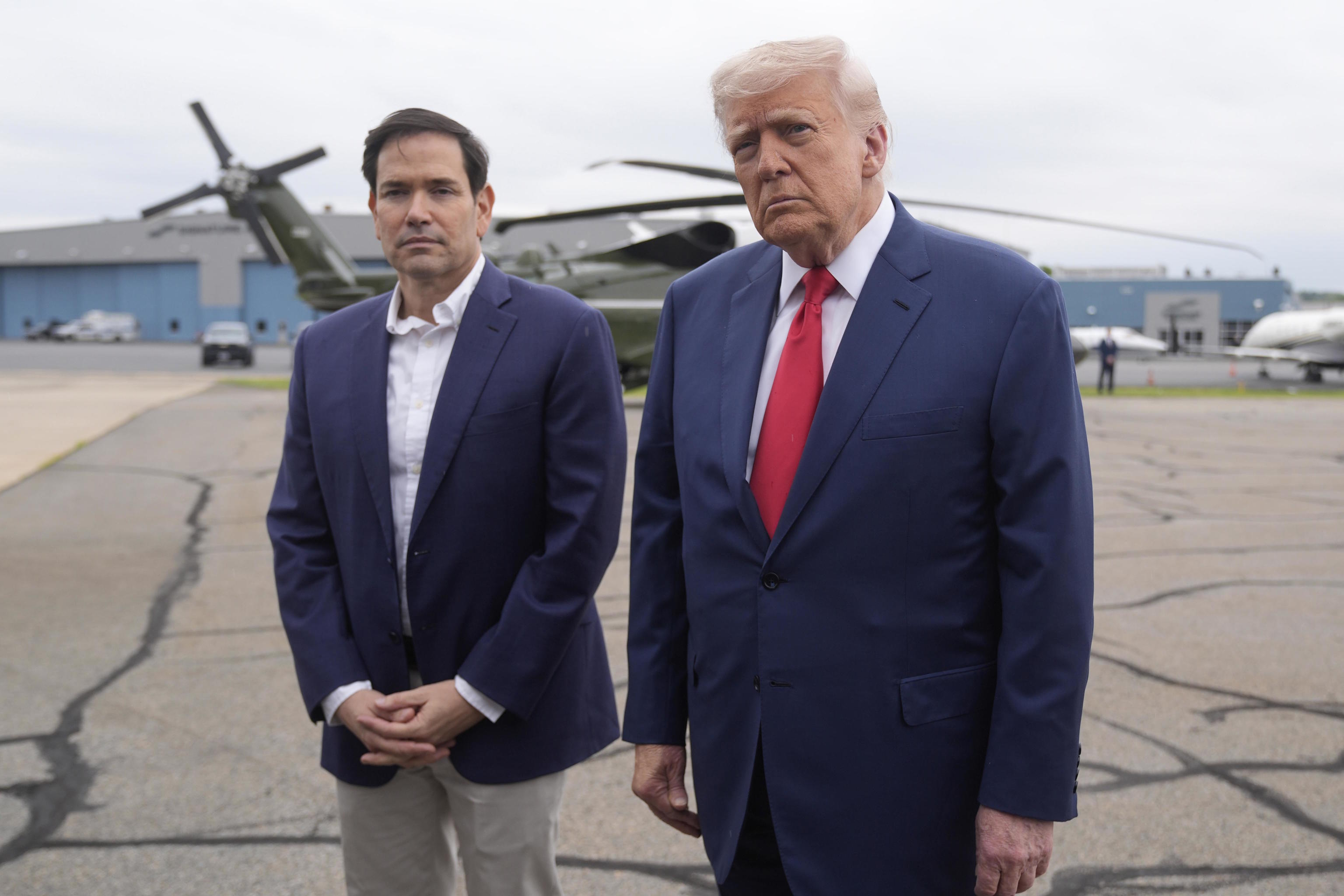As of this Monday, nationals from 12 countries, including Haiti, are banned from entering the United States. Additionally, following the decision announced last Wednesday by U.S. President Donald Trump, seven other nations, including Cuba and Venezuela, have restricted entry to the U.S., as reported by Efe.
As planned, starting Monday, from 01:00 local time on the East Coast of the U.S. (04:01 GMT), this order takes effect, which also establishes a 90-day period for Secretary of State Marco Rubio to submit a report to Trump, monitoring and recommending whether this provision should continue, end, be modified, or supplemented.
The new presidential decree prohibits the entry of citizens from 12 countries to the United States: Afghanistan, Burma, Chad, Democratic Republic of the Congo, Equatorial Guinea, Eritrea, Haiti, Iran, Libya, Somalia, Sudan, and Yemen.
It also restricts access to the North American country for nationals from seven other countries: Burundi, Cuba, Laos, Sierra Leone, Togo, Turkmenistan, and Venezuela.
The proclamation includes several exceptions, including individuals with valid visas already in the U.S. and those with permanent residency in the U.S. (also known as a 'green card') or dual nationality from these countries.
Additionally, exempted are individuals with diplomatic visas, athletes, coaches, and members of sports teams traveling to major events such as the Olympic Games or the World Cup, and individuals from Afghanistan with a special visa.
Although the decree prohibits the entry of Cubans and Venezuelans with tourist (B-2), business (B-1), study (F, M), or cultural or academic exchange (J) visas; it instructs U.S. embassies and consulates to "reduce the validity" of any other non-immigrant visa for citizens of these countries, "to the extent permitted by law."
Trump argued after the announcement that the measure is necessary to protect the country's national security and recalled a measure he took in his first term when he banned entry from seven predominantly Muslim countries.
The affected nations, according to the U.S. government, do not share information with Washington about their citizens to "assess terrorism risks or public safety."
Furthermore, the White House added that these individuals "pose a significant risk of overstaying in the U.S. beyond the time authorized by their visas."
